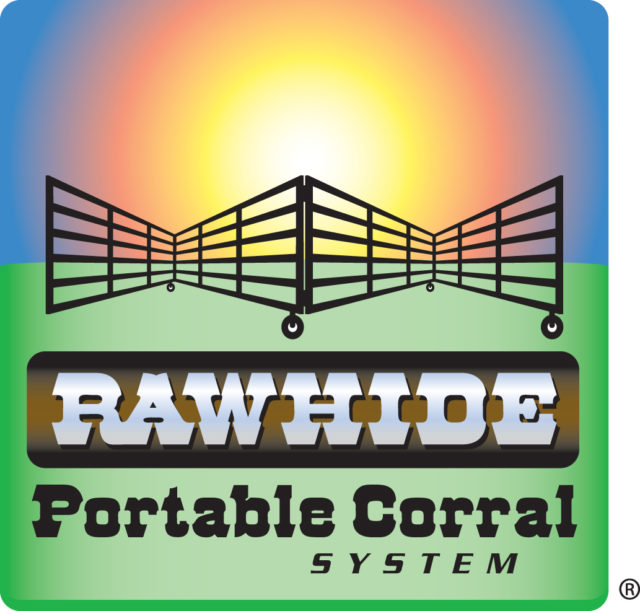The cattle were in a pure field of Tifton 85 Bermuda grass.
Results of analyses of rumen contents and fresh forage from the field in question by the Texas Veterinary Medical Diagnostic Laboratory, an agency that is part of The Texas A&M University System, indicated potential prussic acid toxicity.
At this time there are no other known reported cases of prussic acid toxicity on Tifton 85 Bermuda grass, Hairgrove said.
“Tifton 85 is a hybrid Bermuda grass released from the forage breeding program at the USDA-ARS station at Tifton, Georgia, in 1992 by Dr. Glenn Burton,” said Dr. Larry Redmon, AgriLife Extension state forage specialist. “Dr. Burton is the plant breeder who released ‘Coastal’ Bermuda grass in 1943.”
To date, there have been millions of acres of Tifton 85 Bermuda grass planted across the southeastern U.S., Redmon said. Since its release in 1992, Tifton 85 has become the most commonly planted Bermuda grass in Texas.
Due to its ease of establishment, excellent drought tolerance and excellent animal performance, literally millions of cattle, horses, sheep and goats have grazed Tifton 85 Bermuda grass since its release without incident, he said.
Many forage species, including Tifton 85, have the potential to produce prussic acid, a volatile and toxic compound, Hairgrove said.
“However, those levels have not been known to produce problems with grazing livestock,” he said.
“With production for more than 20 years across millions of acres in the south, we have not been able to identify a previous report of prussic acid toxicity in livestock grazing in or fed Tifton 85.”
The pasture where the cattle died had been severely drought stressed from last year’s unprecedented lack of rainfall. A moderate amount of fertilizer was applied in mid- to late-April, and the pasture received approximately 5 inches of precipitation within the previous 30 days and was at a hay harvest stage of growth, Redmon said.
“Thus, the pasture did not fit the typical young flush of growth following a drought-ending rain or young growth following a frost we typically associate with prussic acid formation in other species of forage,” he said.
Because of this unique situation, AgriLife Extension and Texas Veterinary Medical Diagnostic Laboratory personnel have conducted multiple site visits and forage analyses of plants from several field environments across Texas in an attempt to confirm levels of prussic acid accumulation in Tifton 85 Bermuda grass.
The diagnostic lab has also collaborated with other laboratories to perform quantitative forage analysis of prussic acid levels, said Dr. Tammy Beckham, Texas Veterinary Diagnostic Laboratory director.
Repeated analysis is ongoing to assess potential for prussic acid accumulation in Bermuda grasses in Bastrop County.
In addition, the USDA has conducted DNA analysis to confirm the grass as Tifton 85.
Texas Veterinary Medical Diagnostic Laboratory, Texas AgriLife Research and AgriLife Extension were recently funded to implement a pilot project on an enhanced passive surveillance system to provide early detection of animal diseases, including cases resulting from environmental factors.
“The EPS program involves 40 veterinary practices and more than 100 large animal practitioners reporting as one of five data streams,” Hairgove said.
“In addition, three diagnostic laboratories in two states, livestock markets and harvesting facilities, and wildlife information is also included to provide a comprehensive view of animal health surveillance.
“This incident was reported to the EPS, which is currently being used to monitor animal health over a broad geographic area in Texas and New Mexico, in coordination with the Texas Animal Health Commission and New Mexico Department of Agriculture. Through the EPS, there have been no other reported problems with Tifton 85.”
While any livestock loss is unfortunate, currently this episode in Bastrop County appears to be an isolated incident, Hairgrove said.
“Federal, state and local animal health officials and participating private veterinary practitioners will continue monitoring for other signs of animal distress, as well as continue to sample plants to assess potential for prussic acid accumulation.”
For more information, contact Redmon at (979) 845-4826 or Hairgrove at (979) 458-3216. ![]()
—From AgriLife Today








